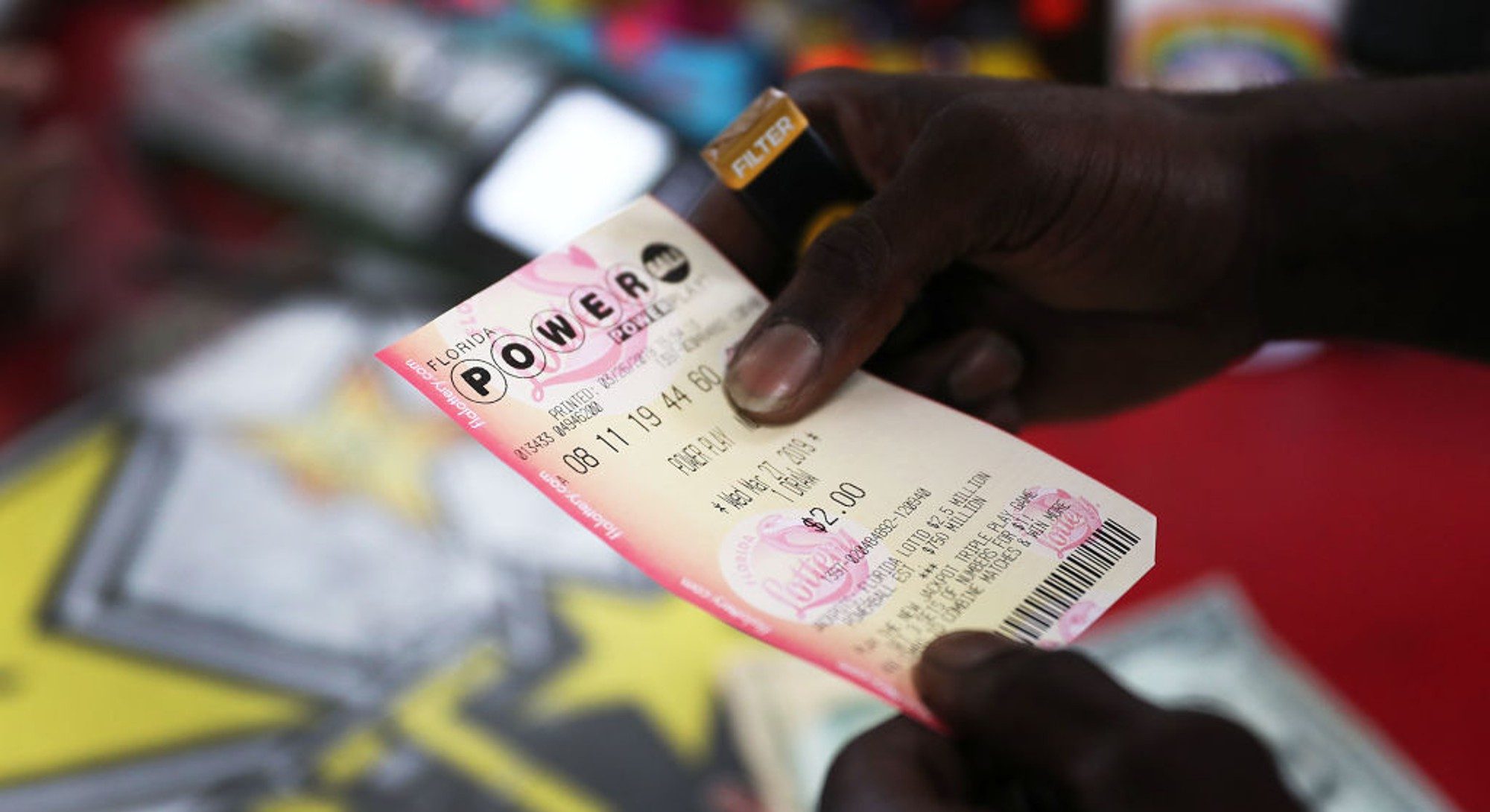(Trends Wide Spanish) — The Powerball jackpot is the largest in history. But don’t get your hopes up so quickly: if you managed to match all the numbers, the prize you would receive is much, much less.
Calculating taxes is not straightforward and ultimately depends on your particular circumstances. The Internal Revenue Service (IRS) considers lottery winnings as income and the balance to contribute to the federal coffers depends on what your total annual income is.
However, there are some figures that help to get an idea. If you win the jackpot (odds of doing so are 1 in 292.2 million), the prize will be subject to the highest federal tax rate of 37%.
Also, depending on where you live, you have to take into account possible state taxes. New York is the state that imposes a higher rate on prizes greater than US$5,000: it is 8.82%. Among the states that will charge you, the one with the lowest rate is North Dakota, which stays with 2.9%.
But there are states that do not apply extra taxes, among which are California and Florida. In that case, your only contribution to government funds would be from the IRS.
Of the total promoted, then, you would be left with much less, but more than enough for almost any wish you have to fulfill.
The odds of hitting the jackpot are extremely low, but this year it happened six times, according to the lottery. You can watch the drawing live on television or on the Powerball.com site.
If you win a smaller Powerball prize, do you have to pay taxes?
It depends on the sum. The IRS does not apply deductions on prizes up to $600. There are two different situations thereafter: if your prize goes from that figure to $5,000, you must add the gain on your tax return and the figure depends on the calculation final. If the prize is greater than US$5,000, discounts ranging from 24% to 37% are applied.
At the state level there are also variations depending on the amount that you can consult here.
(Trends Wide Spanish) — The Powerball jackpot is the largest in history. But don’t get your hopes up so quickly: if you managed to match all the numbers, the prize you would receive is much, much less.
Calculating taxes is not straightforward and ultimately depends on your particular circumstances. The Internal Revenue Service (IRS) considers lottery winnings as income and the balance to contribute to the federal coffers depends on what your total annual income is.
However, there are some figures that help to get an idea. If you win the jackpot (odds of doing so are 1 in 292.2 million), the prize will be subject to the highest federal tax rate of 37%.
Also, depending on where you live, you have to take into account possible state taxes. New York is the state that imposes a higher rate on prizes greater than US$5,000: it is 8.82%. Among the states that will charge you, the one with the lowest rate is North Dakota, which stays with 2.9%.
But there are states that do not apply extra taxes, among which are California and Florida. In that case, your only contribution to government funds would be from the IRS.
Of the total promoted, then, you would be left with much less, but more than enough for almost any wish you have to fulfill.
The odds of hitting the jackpot are extremely low, but this year it happened six times, according to the lottery. You can watch the drawing live on television or on the Powerball.com site.
If you win a smaller Powerball prize, do you have to pay taxes?
It depends on the sum. The IRS does not apply deductions on prizes up to $600. There are two different situations thereafter: if your prize goes from that figure to $5,000, you must add the gain on your tax return and the figure depends on the calculation final. If the prize is greater than US$5,000, discounts ranging from 24% to 37% are applied.
At the state level there are also variations depending on the amount that you can consult here.





